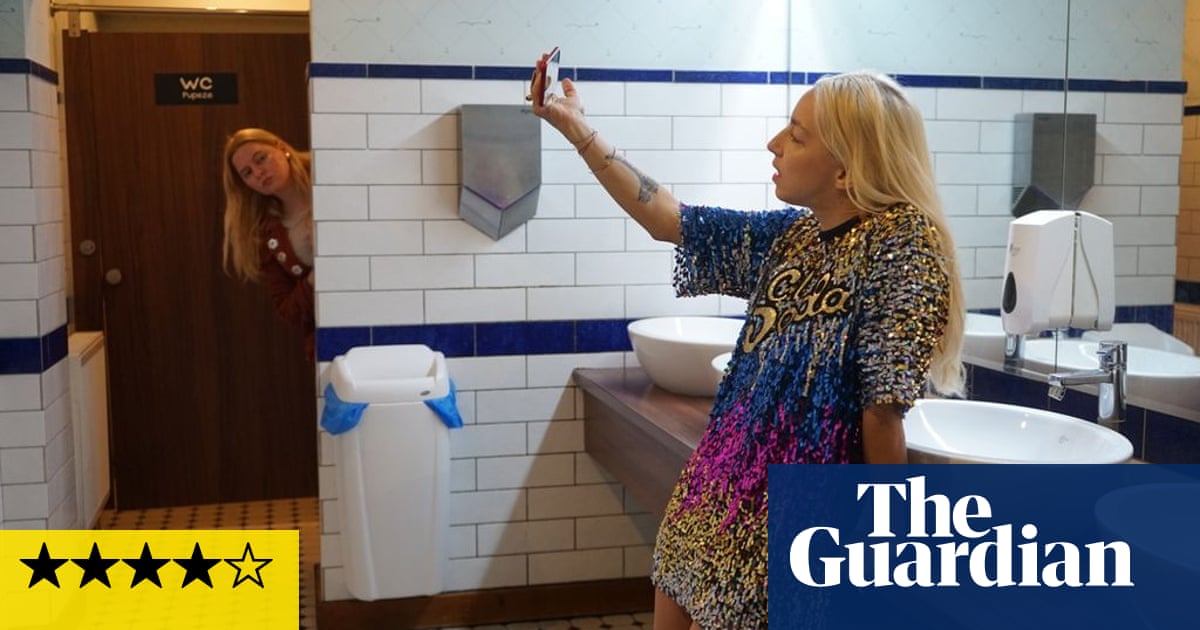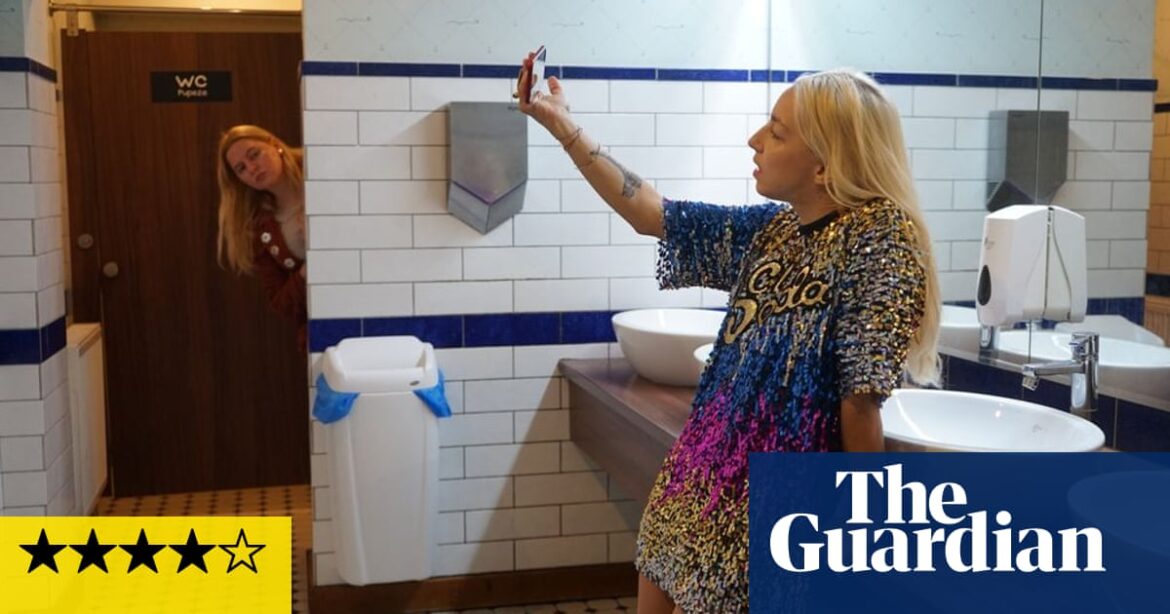
Romanian film-maker Radu Jude was a Golden Bear winner at Berlin last year for his wackily entitled Covid-era movie Bad Luck Banging or Loony Porn. Now he is back with another garrulous essay-movie-slash-black-comedy collage, speckled with literary quotations, jokes, cinephile sideswipes and references to Romania’s most notorious foreign resident: our very own Andrew Tate. The title is a maxim from the Polish poet and aphorist Stanisław Jerzy Lec.
This film is full of jumpy energy and experimental ideas, where the storyline is not the main focus. It continuously pushes the boundaries and explores the sensations of modern life, constantly getting sidetracked and interrupted by the filtered world of screens like the movie screen, Zoom, 4K, 8K, livestreams, and TikTok. Along the way, it critiques Romania with a constant hum of complaints – from the deterioration of public spaces to the country’s ongoing obsession with strong leaders, its racism, and its flawed adoption of capitalism and the free market. It also delves into the concept of image production, with one character contemplating Jean-Luc Godard’s assisted death and the possibility of his spirit living on in director Radu Jude.
I was unsure about the ending of this movie, which featured a long, stationary shot of a family revealing the exploitation of workers. I felt it decreased the film’s energy, but it accurately portrayed how corporate employees, gig workers, and film subjects can be disregarded. However, the film is brimming with thought-provoking concepts.
Angela (Ilinca Manolache) is the focus of this story. Angela is a production assistant who is constantly stressed and lacking sleep, working for a Romanian film and video company in Bucharest. The city is labeled as “martyred” by a somber sign. Angela’s job seems to be temporary and insignificant, similar to the dynamic between an Uber driver and their passenger. Her boss has been commissioned by a cold-hearted Austrian company with branches in Romania, and their hesitant marketing director is portrayed by Nina Hoss.
The Austrians are requesting a safety video to be made, urging workers to wear proper safety gear. The video must also include a testimonial from a worker who became disabled due to not wearing safety equipment. The purpose is to shift the blame onto the employees instead of management. Angela, the unfortunate individual in charge, must drive around searching for disabled individuals willing to be filmed for a fee of €1,000. This task proves to be tiring and unsatisfying for Angela, who only finds joy in posting TikTok videos where she mimics Andrew Tate by spreading misogynistic comments and praising Russian leader, Vladimir Putin. She even has the opportunity to interview Uwe Boll, a famous German director known for his controversial films and disdain for elitist critics, playing himself. However, these videos are the only colorful aspect of Angela’s life as the rest remains dull and uninspiring.
In addition to everything mentioned, Jude includes snippets from a Romanian film called “Angela Moves On” from 1981, set during Ceaușescu’s regime. The film features Dorina Lazar, a veteran Romanian actress, playing the role of a taxi driver who becomes romantically involved with one of her passengers. In one scene, Nina Hoss’s character is in awe of the grand and grotesque “Ceaușescu palace” located in the city center. Interestingly, the 1981 film is set in the “Uranus” neighborhood, which was later demolished to make way for this massive monument to the dictator’s ego.
Do the two women named Angela exist in alternate realities? Not exactly. The two women occupy the same fictional universe, as seen in the 1981 movie, where they are both employed as taxi drivers. In the present day, the former taxi driver, played by Lazar, is now much older and greets a woman named Angela at her door. There is a coincidence in their names and professions, which excites the older Angela. Her son, who is now in a wheelchair, hopes to be featured in a video. The character of her former lover, played by László Miske in the 1981 film, reappears as her aging and lively husband, who charmingly flirts with the younger Angela. Angela’s son, Ovidiu (Ovidiu Pîrsan), lands the €1,000 job, but ultimately creates a conflict when he blames the employers on camera.
Throughout the film, we mainly witness Angela’s overwhelmed and tiring daily routine. However, a significant moment occurs when she has to chauffeur Nina Hoss’s arrogant character from the airport to her luxurious hotel in Bucharest. Angela informs her passenger that the roads are perilous due to inadequate urban planning and lack of safety measures, resulting in impromptu memorials made of crosses for those who have lost their lives on the highway. Director Jude then interrupts the narrative flow and presents a series of still images showcasing the various makeshift crosses seen on Romanian roads, ranging from crude to extravagant. This montage serves to highlight how heavily Angela is burdened by these tragic events – her own father’s grave was dug up as part of a corporation’s claim to the cemetery land.
The outcome is jarring and unfamiliar and disjointed and sometimes strangely comical. The movie meanders and doesn’t settle on a specific mood, fails to reveal its main message, or clearly define its type of satire, if it even is one. There may be differing viewpoints on the last portion – personally, I was uncertain. However, this film explores thought-provoking concepts and the Romanian new wave continues to make impressive strides.
Source: theguardian.com



